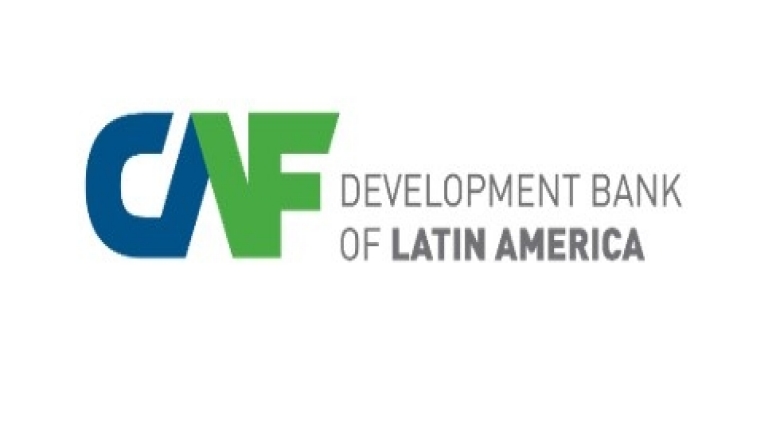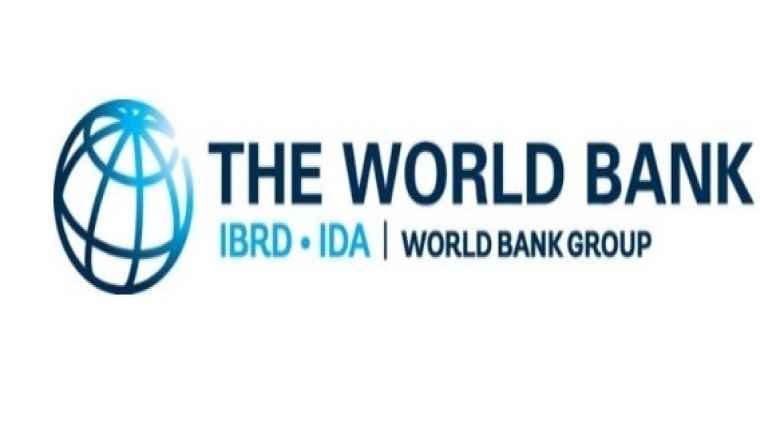

CARACAS/WASHINGTON, November 5, 2021- CAF -development bank of Latin America- and the World Bank's Latin America and the Caribbean Region announced at COP-26 that they will work together to implement climate action plans and strategies, and to protect biodiversity in Latin America and the Caribbean (LAC).
This partnership will strengthen support to LAC countries to help them achieve their Nationally Determined Contributions (NDCs), as well as the goals of the Paris Agreement and the post-2020 Global Framework for Biodiversity. It will ramp up green financing to the region to better adapt to climate change, reduce emissions and make ecosystems more sustainable.
Mainly, this partnership aims to:
- Identify and prioritize opportunities for synergies between the two institutions to take actions of high impact that benefit the region's climate and biodiversity.
- Boost resilient growth to create greener and more inclusive economies post-COVID-19.
- Encourage LAC countries to update and implement plans and strategies to meet their NDCs, to comply with the Paris Agreement and the Global Biodiversity Framework.
- Increase green financing to the region.
- Promote the participation of the private sector in the implementation and financing of actions in support of the Paris Agreement and the Global Biodiversity Framework.
- Encourage measures in key sectors, including agriculture, energy, forests, water, marine-coastal areas, urban development and sustainable cities, and disaster risk management.
- Improve the conservation of strategic ecosystems in the region, including the Amazon, wetlands, moors, and marine-coastal areas.
"Climate change demands immediate actions to mitigate its potentially devastating effects, improve resilience to climate related events and build greener and more sustainable economies," said Carlos Felipe Jaramillo, World Bank Vice President for the Latin America, and Caribbean Region. "Coordinated actions and cooperation towards these common goals will allow for faster and better results that benefit all."
"Latin America and the Caribbean needs to address the unpostponable call for action to enhance all necessary measures aimed to climate mitigation and adaptation to assure timely resilience for climate extreme variability effects," said Sergio Díaz-Granados, CAF Executive President. "CAF and the World Bank will work closer, with a full commitment to increase national and regional capabilities towards a faster green recovery post COVID-19 and promote solid sustainable growth for the region."
CAF is a multilateral financial institution committed to improving the quality of life of all the people in Latin American and the Caribbean. Sustainable development and regional integration are the institutional pillars shared with its 19 partner countries (17 from Latin America and the Caribbean, Spain and Portugal). CAF supports the region with financial operations and technical and financial structuring of projects for both the public and private sectors. CAF is committed to become the Green Bank of LAC and has recently announced that it will increase its operations aligned with the region's climate and biodiversity goals, to reach 40% of all annually approved operations as green financing by 2026.
The World Bank Group (WBG) is one of the world's largest sources of funding and knowledge for developing countries. Since the start of the COVID-19 pandemic, it has deployed over $157 billion to fight the health, economic, and social impacts of the pandemic, the fastest and largest crisis response in its history. The financing is helping more than 100 countries strengthen pandemic preparedness, protect the poor and jobs, and jump start a climate-friendly recovery. In Latin America and the Caribbean, the WBG deployed a record $29.1 billion from the beginning of the crisis (April 1, 2020) through fiscal year 2021 (ending June 30, 2021) to fight the pandemic's impacts as well as support the region respond to challenges such as hurricanes and migration.
The World Bank is working with LAC countries to support climate action and help assure that it is part of a pathway out of poverty. Just last year, it provided $3.5 billion to countries across the region to support their climate ambition and accelerate a recovery that will unlock greener, more resilient, and more inclusive development.






